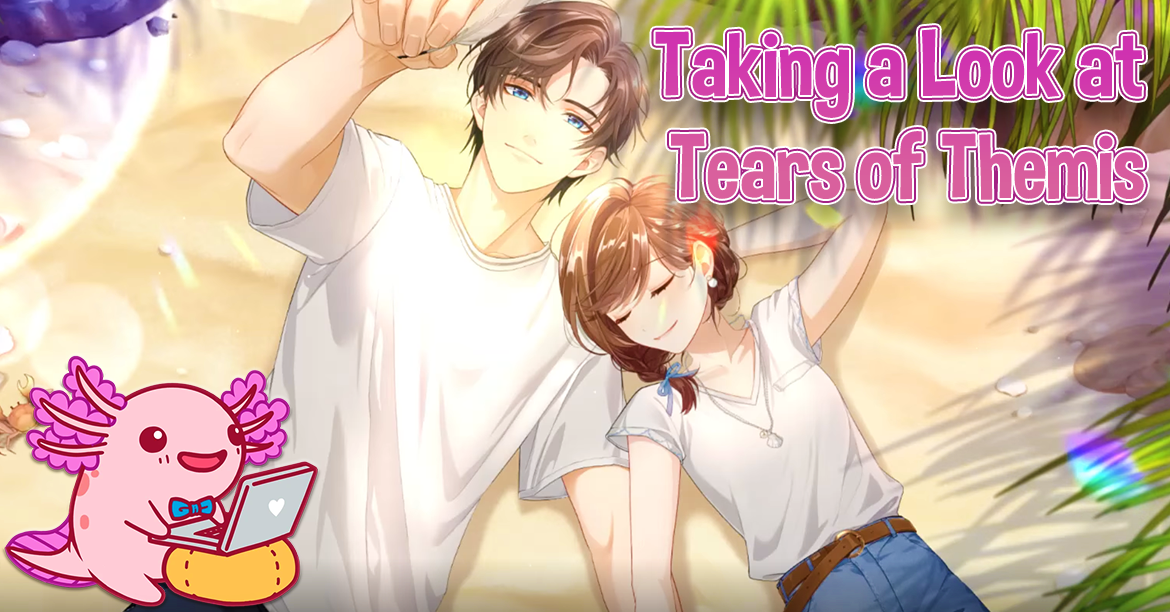In July of this year, miHoYo, the developer behind the widely popular Genshin Impact, released their otome title Tears of Themis in English. Since two months have passed since its release, I thought it would be a good time to take a look at the game and see if miHoYo has hit another home run with this game as they did with Genshin Impact.
NOTE: This article will contain minor spoilers for Tears of Themis.
Story & Writing
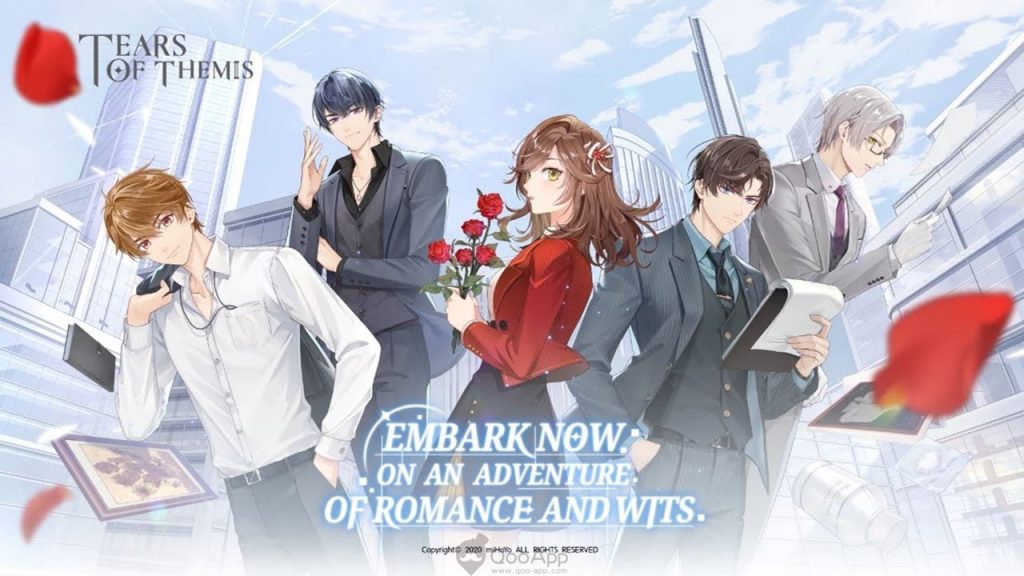
Tears of Themis takes place in the fictional city of Stellis. You play as a young female lawyer whose name is determined by you. In each chapter, you try to solve whatever crime is taking place and bring the criminal perpetrator to justice. As you continue to play the game, you’re introduced to the four bachelors, and slowly, an overarching mystery is revealed to you. What is “X-NOTE,” and what is the organization called NXX?
The only issue I have with the story is with the second case. To avoid spoiling anything, the topic of mental health is discussed, and I felt like whoever wrote it didn’t do a good job at exploring the complexities of having a mental illness, and it could paint those suffering from the same illness in a bad light. Thankfully, this doesn’t happen again with the writing, and the game tries to do a better job at diving into sensitive topics.
Characters
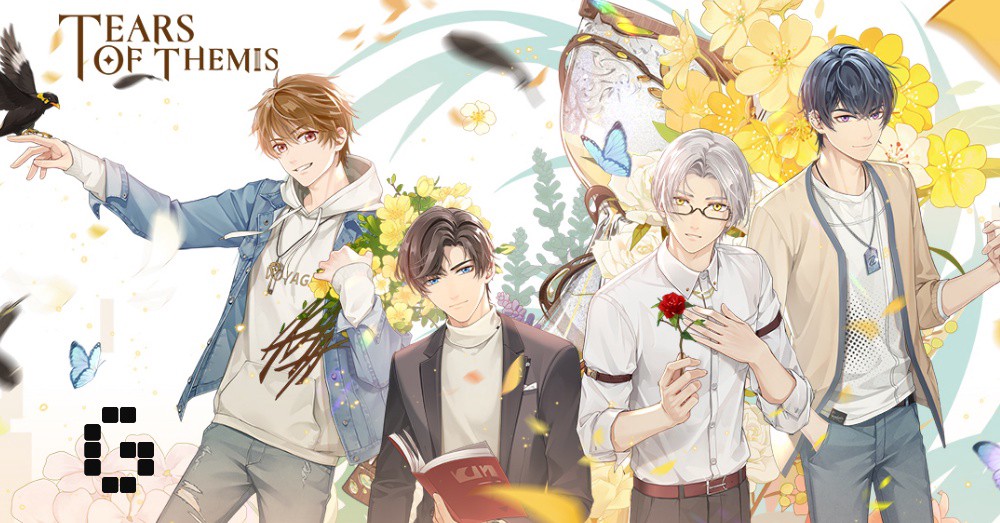
The writing does a great job of creating three-dimensional characters, so much so that you end up becoming invested in them. Even the heroine has a great personality. She’s a great example of a strong female lead who won’t back down from a fight. She also stands on equal footing with the game’s bachelors, something that is slowly becoming more common in otome games.
Speaking of the love interests, I like them, although I like some more than others. That’s not to say the ones I don’t like as much are poorly written; they’re just not my type.
Some of the side characters are pretty great as well. Even though you only see them once throughout the story, they leave a small impression on you. For example, in the first case, your client is reluctant to go to trial because he knows the person who committed the crime is someone he considers “family.” I actually felt bad for everyone involved, even the perpetrator. It’s this kind of character development that I truly admire, so I have to applaud miHoYo for that.
Gameplay
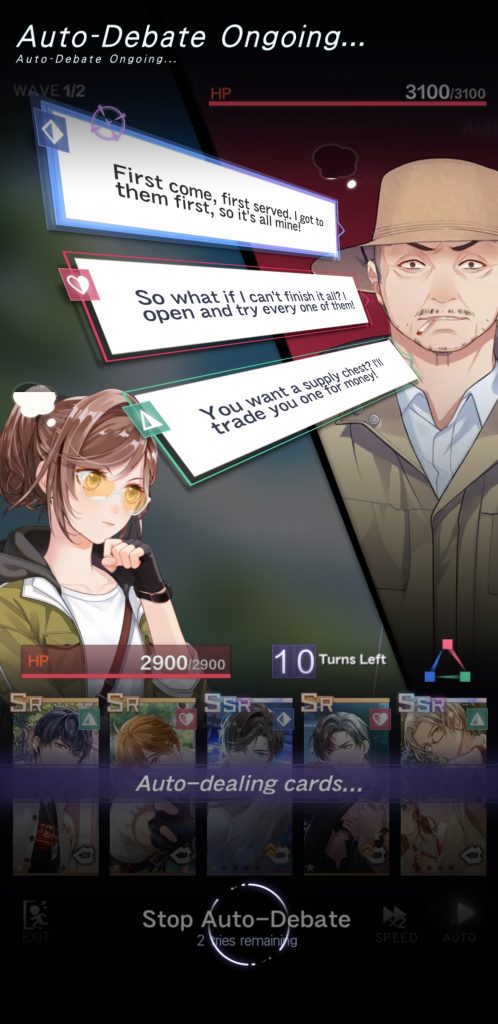
Tears of Themis has a bit of gameplay in order to spice things up. After every couple of story events, you’ll have what is called a debate. In these debates, you’ll have to refute statements being presented to you by throwing your best cards at them. Each statement and card has a type attached to it: logic, empathy, or intuition. Each type is better than one other: logic beats empathy, empathy beats intuition, and intuition beats logic. It’s like rock-paper-scissors. There are rare occasions where a statement has no particular attribute attached to it, so feel free to throw any card you like at it.
In order to win the debate, you’ll have to counter the statements, which will eventually drain the opponent’s health to zero. It’s pretty simple, but as you get further into the game and its various content types, such as events and Trials of Themis, the difficulty ramps up a bit, so you want to make sure your cards are the best they can be. This is where two important aspects of the game come into play: the NXX Headquarters and leveling up your cards.
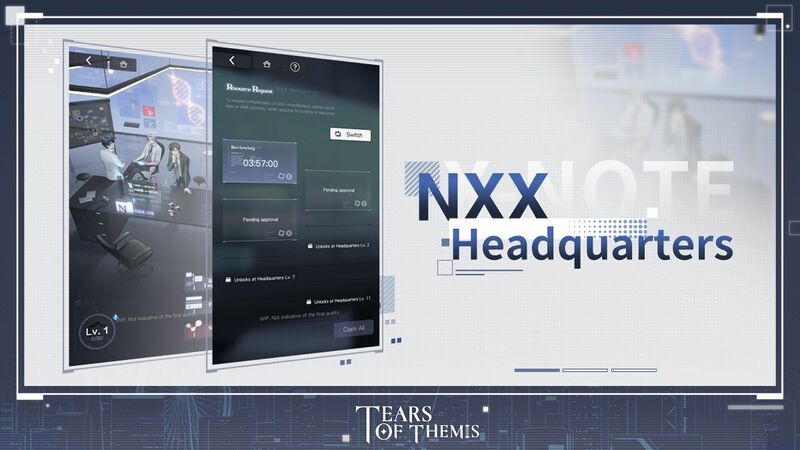
In the NXX Headquarters, you level up the facilities within the headquarters and gather resources. This is a helpful tool in order to increase your stats, which will no doubt prove useful during debates.
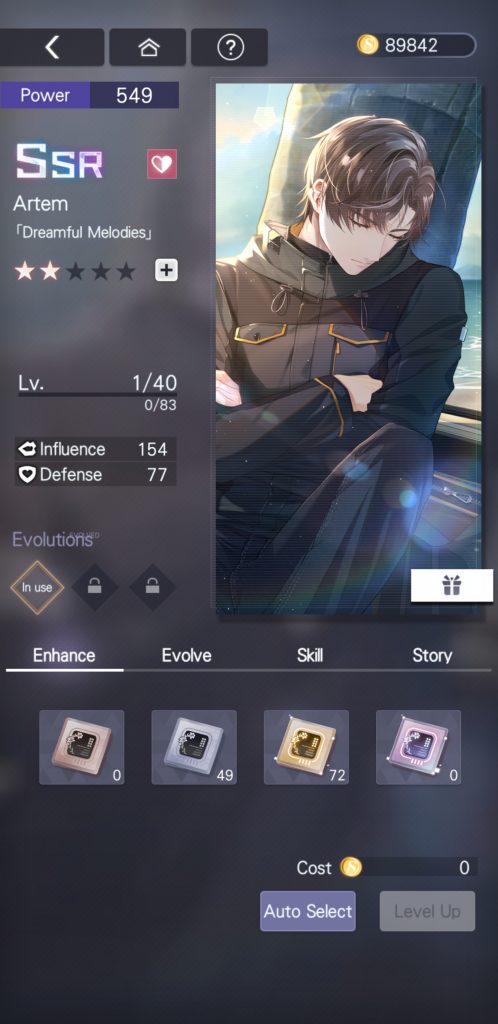
Moving on, you can level up each card and their skills as well as evolve them, all of which increase cards’ power. People who have played mobile games such as Genshin Impact or any idol game will be familiar with this. You use items you’ve collected throughout the game to level up your card.
As someone who has played Ensemble Stars!! and Love Live! School Idol Festival, this isn’t anything new to me. I appreciate that the game makes the items really easy to get, so the player isn’t forced to buy items with the in-game currency or use actual money in order to level up their cards. There are many different ways to get these items: through the story, through the daily missions, and through events.
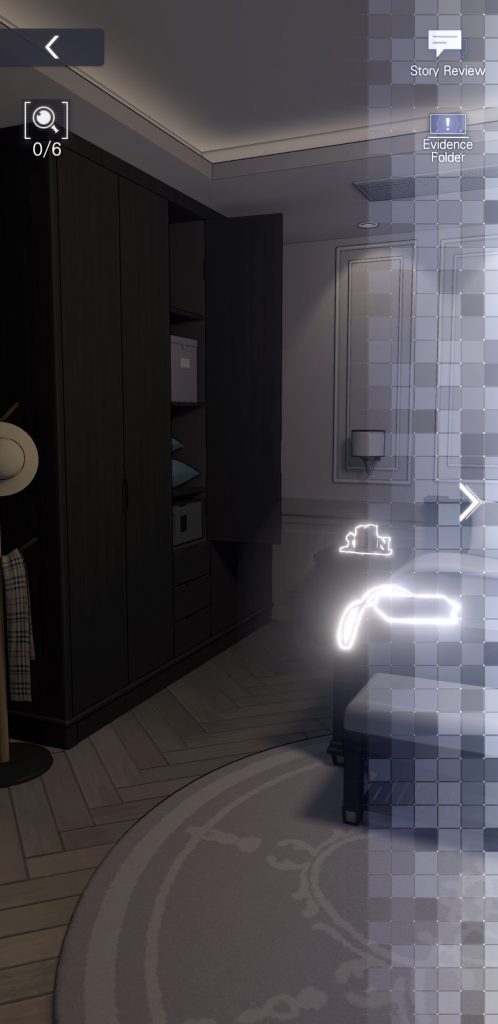
Outside of debates, you’ll also be tasked with investigating crime scenes. You’ll find evidence that you’ll use later on in the chapter’s finale in the courtroom. However, because you’re most likely playing on a phone, it can be hard to find some pieces of evidence because they’re too small and thus hard to spot. Thankfully, the game has the option of quickly highlighting key areas to investigate.
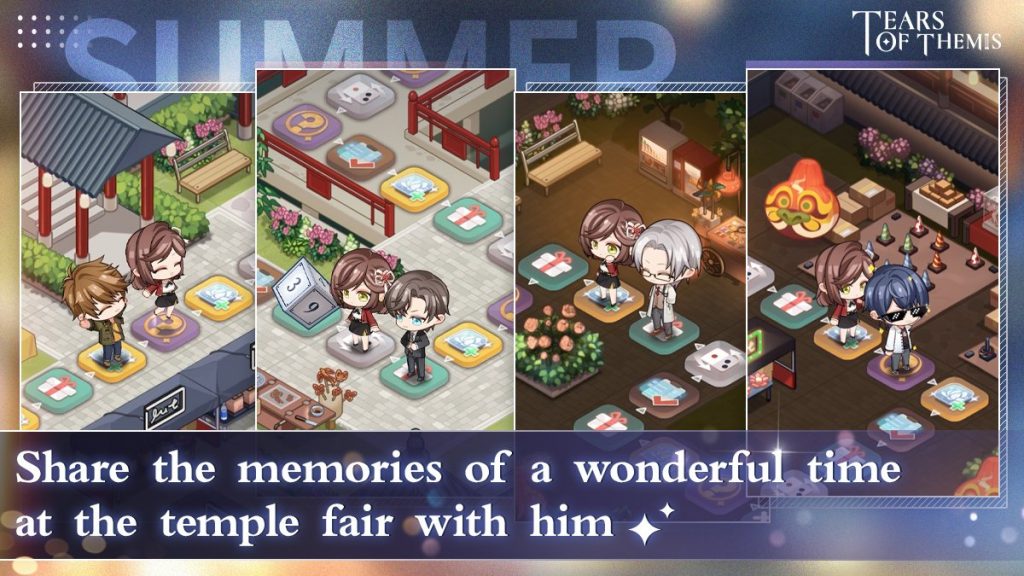
Once a player is wrapped up with the story, there’s the question of “What should I do next?” Well, there are events. The events, while they still feature debates, add in small gameplay mechanics in order to spice things up. For example, in the Summer Breeze event, you rolled dice and walked around a Monopoly-like board, collecting items and answering quiz questions. In the current event, Lost Gold, the main characters explore an island and its titular mystery, collecting materials and seeing what there is to find. They may be small additions to the game, but they’re enough to keep the player interested.
The Romance Aspect
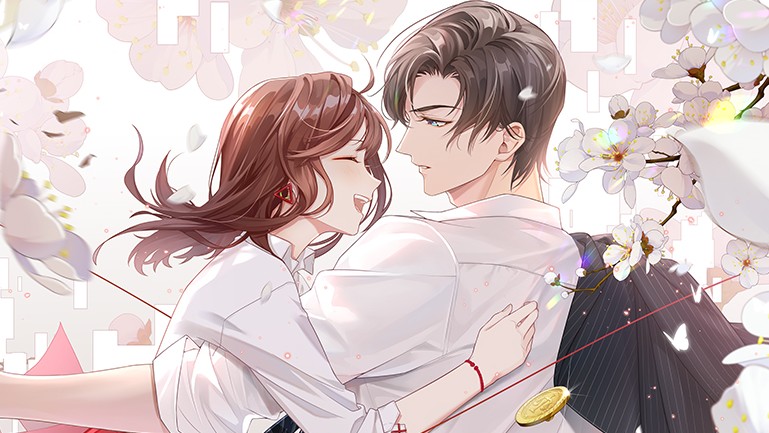
The most important aspect of any otome game is romance. If you don’t have a good romance, then you don’t have a good otome game.
A common issue that I find with otome games is when they obviously pin the player character with a specific character. For example, in Choices, another F2P romance app, there’s a story called Open Heart. In that game, there’s a character named Ethan. Most of the time, the player will spend their time with him, and even if they aren’t romantically pursuing him, the game continues to have these “romantic” moments between him and the player. The other romance interests are constantly pushed to the wayside, sometimes even forgotten about for multiple chapters.
I’m happy to report that isn’t the case here. Instead, Tears of Themis makes sure to give each male lead their time with the heroine in the main story. The game doesn’t try to paint one guy as the one “true” or canon partner, which I liked.
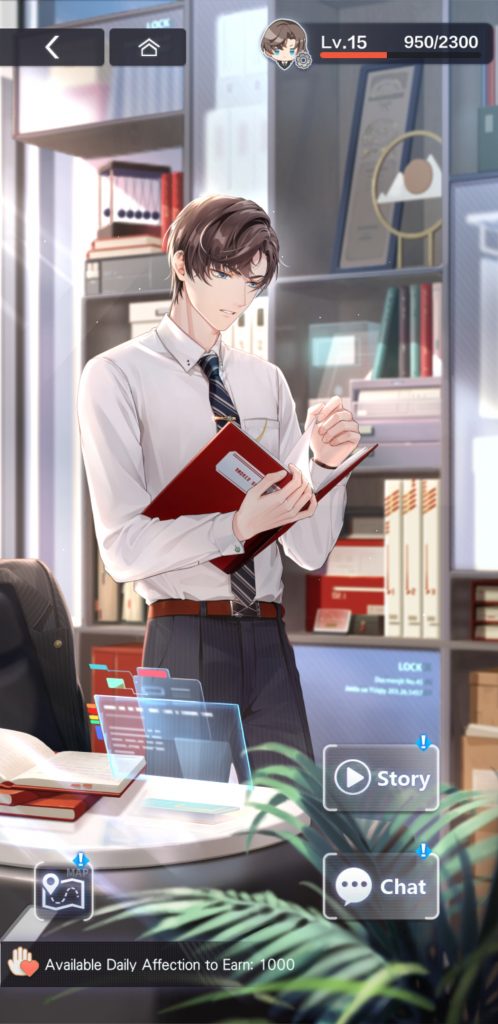
Outside of the main story, you can spend time with your favorite guy by visiting him, touching him in certain places, or playing games. As you continue to build your affection level with him, you’ll unlock little stories where you play through his point of view.
If that isn’t enough, you also have the self-contained side stories, which you unlock by leveling up certain cards (SR cards and up). I really adore these side stories.
In-Game Purchases: Are They Necessary? Can You Be F2P (Free to Play)?
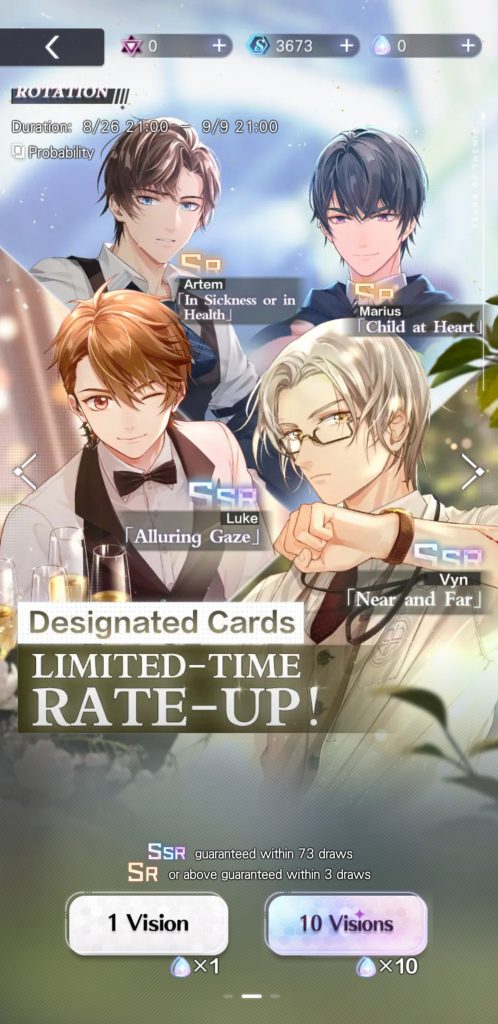
With every F2P game, you have to wonder: “Can I still get the same amount of enjoyment I would if I paid?” As someone who has played multiple gacha games, it’s a difficult question to answer.
As I said earlier, the game does a great job at giving the player items needed to level up their cards, or even boosting their in-game energy so they can continue on with the story or missions. If you participate in events, you’ll get even more items. At the moment of writing this, the Tears of Themis Twitter is posting codes that players can redeem for in-game items, such as gold, which is crucial to leveling up your cards.
However, when it comes to the in-game currency, which are called tears, that’s a different story. When you start the game, you’ll get free visions (or rolls), so you can at least have something in your deck. You’ll also get some currency as you complete rookie tasks and log in daily as a new player. You might even receive some during events.
But if you have a favorite boy and you really want their new card, then you better hope Lady Luck is on your side.
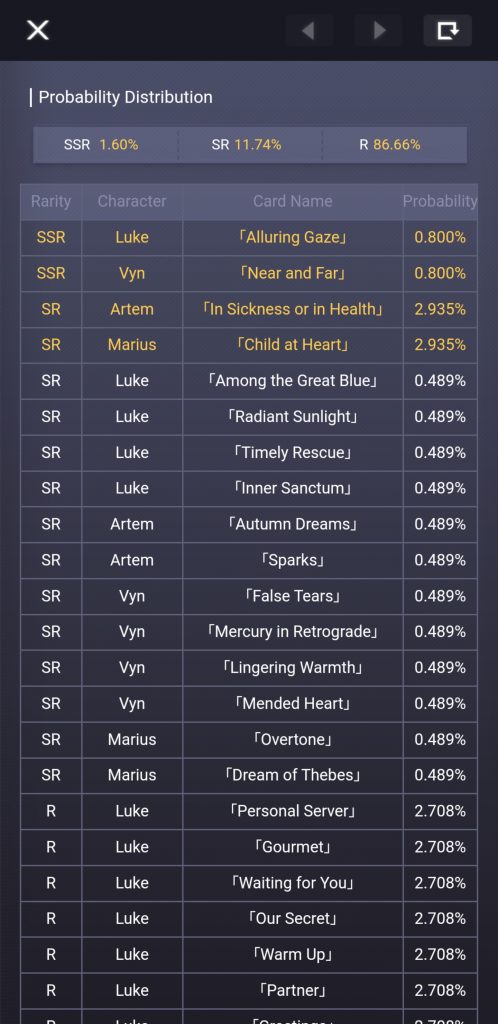
Above is a probability chart for one of the visions. As you can see, SSRs, which are the highest-tier cards, have a 1.60% chance of dropping. The rates for each individual card also vary depending on if that card’s rates are increased during the period in which you’re rolling.
If you’re a F2P player, your best bet is to wait until your boy’s card has a higher chance of dropping. Even then, you might not get it. I scouted for Artem’s new SSR card and didn’t get it until the sixth roll, despite the increased drop rate.
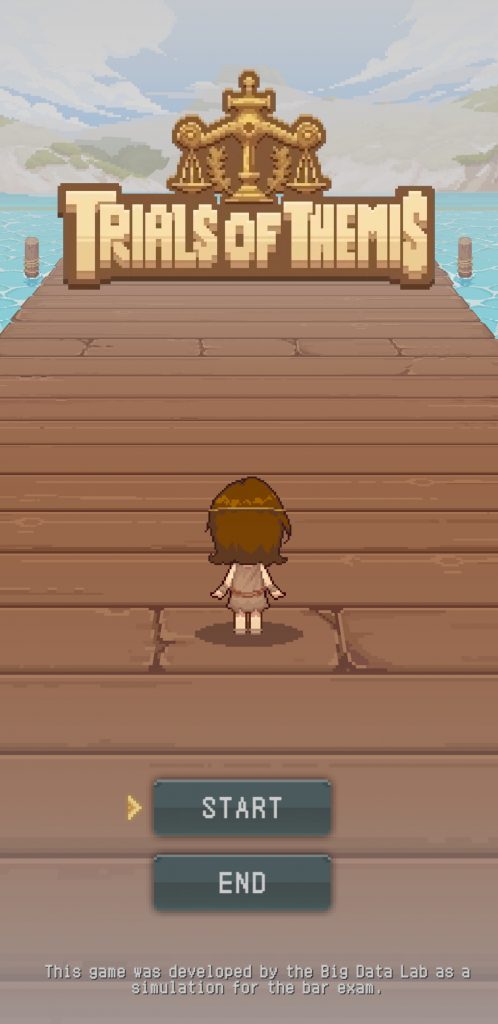
If you are someone who wants to spend little or no money at all, I highly recommend playing Trials of Themis. In this game mode, you’ll debate characters, and if you win, you’ll be rewarded with s-chips. S-chips can be converted into tears. So, if you’re ever in dire need of some tears for your favorite husband but don’t want to break the bank, Trials of Themis is something to fall back on.
Conclusion
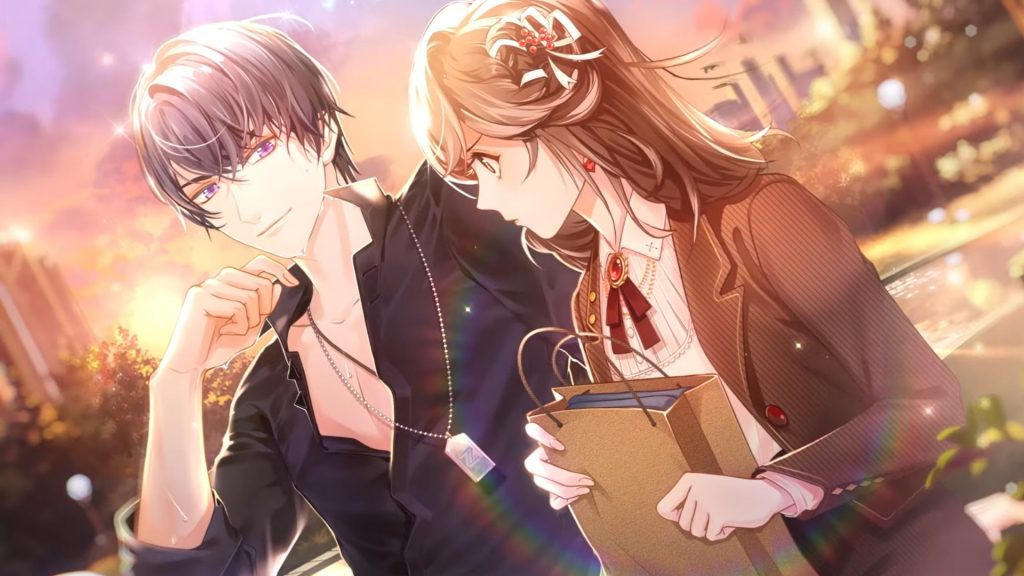
Overall, Tears of Themis is a fun Ace Attorney-esque game. I think there’s enough to keep players interested, such as the engaging story and the different gameplay mechanics and modes. If you’re a fan of otome titles, then I highly recommend checking out this game!

